Trending construction style in Tanzania
The construction sector in Tanzania is evolving rapidly — driven by population growth, urbanization, infrastructure investment, and rising demand for sustainable, resilient buildings. For companies like Ngenda Construction, keeping up with the latest trends is not just an option; it’s essential for delivering quality, future-proof projects.
Here are some of the major construction trends in Tanzania for 2025, and how Ngenda is embracing them.
1. Urbanization and Mixed-use Developments
With more people moving into cities like Dar es Salaam, Mwanza, Arusha, and Dodoma, there’s increasing demand for high-density housing, commercial space, and mixed-use complexes (combining shops, offices, and residences).
What it means:
- Planners and developers must optimize space, integrate amenities, and ensure connectivity (roads, public transport, infrastructure).
- Mixed-use projects attract more investment and tend to be more sustainable economically and socially.
Ngenda’s approach:Our real estate teams focus on developing mixed-use properties with thoughtful design, incorporating green spaces and easy access to services, so residents can live, work, and play in one area.
2. Sustainable & Green Building Practices
Environmental concerns are no longer optional. Climate change, energy costs, and resource scarcity make sustainable building practices more important than ever.
Key features:
- Use of solar panels, energy-efficient lighting, and better insulation.
- Rainwater harvesting systems, greywater recycling, and efficient plumbing.
- Using locally sourced, low-carbon building materials.
- Green roofs, natural ventilation, and design for passive cooling to reduce air conditioning needs.
Ngenda’s role:We are increasingly specifying solar energy in our projects, choosing environmentally friendly materials, and working with architects and engineers to design buildings that minimize energy consumption and carbon footprint.
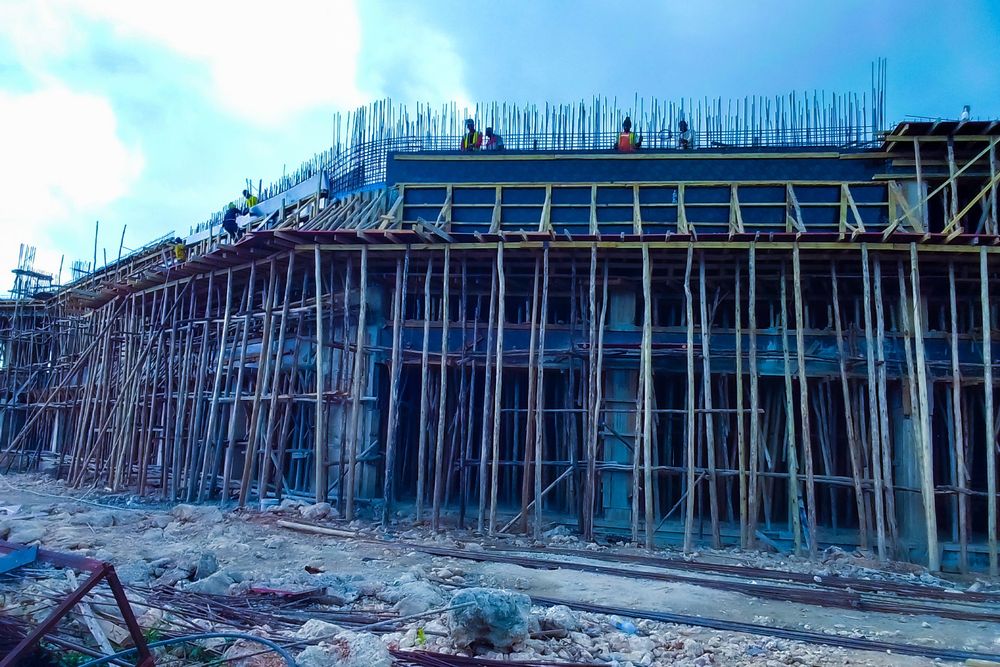
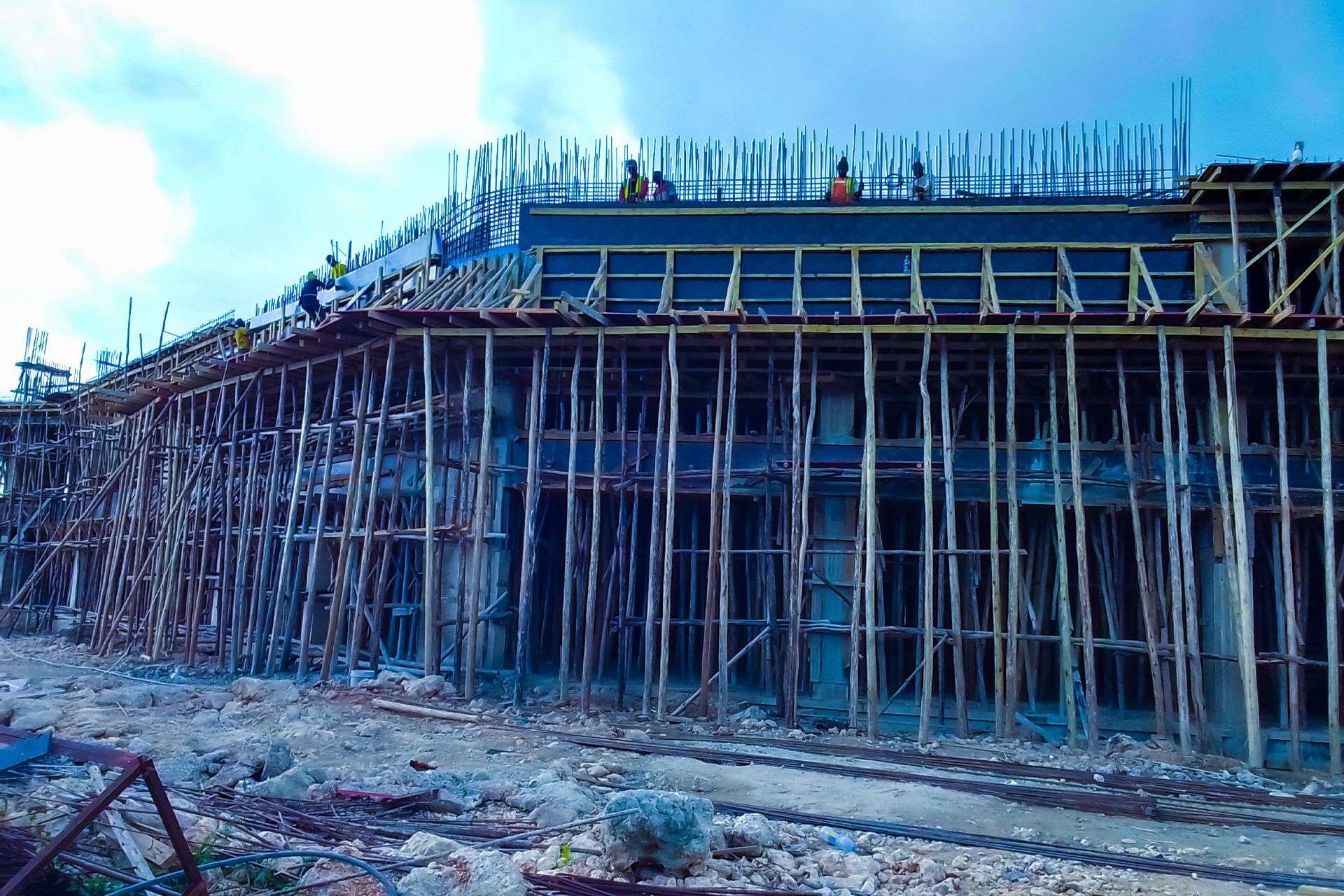
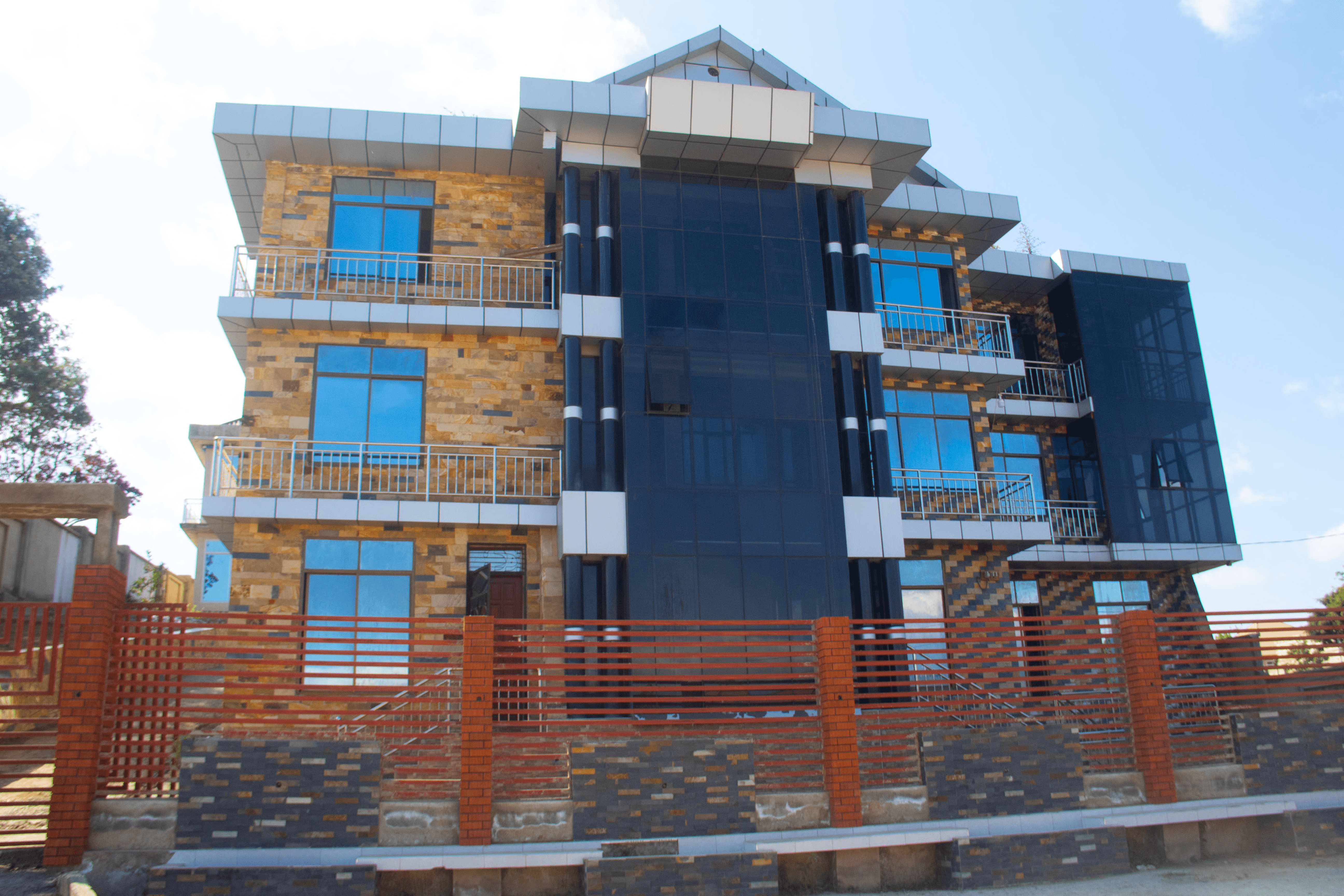
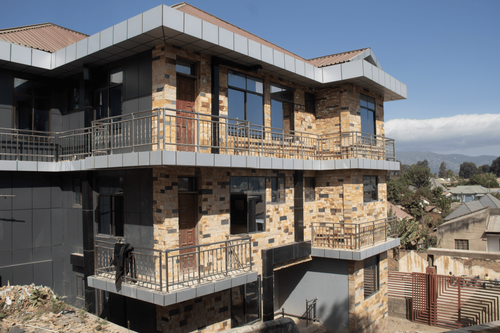
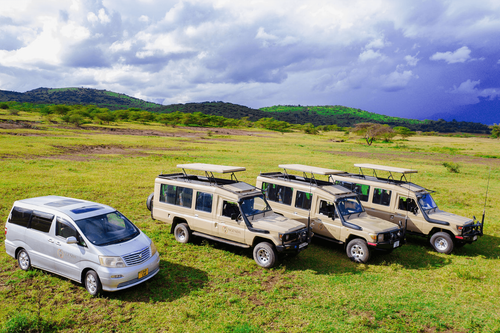

David Doe 2025-09-22T20:53:43.809Z
Photography ultricies nibh non dolor maximus scee the inte molliser faubs neque nec tincidunte aliquam erat volutpat.
Contact Expert: